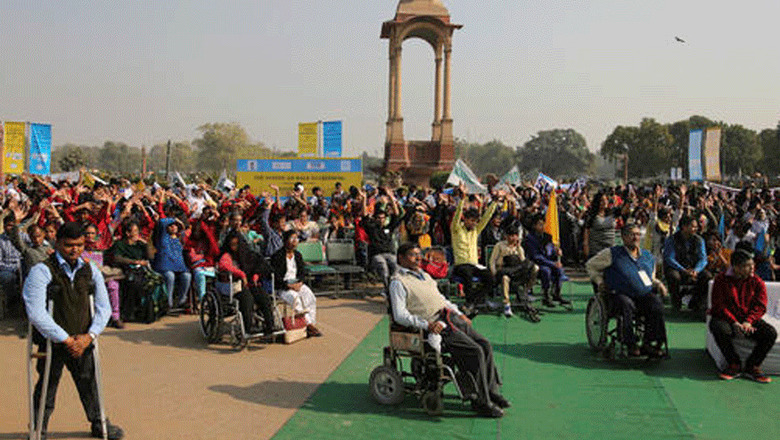
views
New Delhi: The Medical Council of India has informed the Delhi High Court that disabled or ‘divyang’ candidates with more than 80 percent locomotor disability will be eligible for Postgraduate medical courses.
Locomotor disability means problem in moving from one place to another, that is, disability in legs. But, in general, it is taken as a disability related to bones, joints and muscles. It causes problems in a person’s movements (like walking, picking or holding things in hand, etc.)
The term ‘locomotor’ is derived from the Latin words loco – “from a place” and motivus – “causing motion”. So locomotion means movement from one place to another.
On a petition filed by an MBBS doctor Mohd Shaloo, the MCI informed Delhi High Court that they have amended the "Notification for PG Medical Courses" and made ‘divyang’ with more than 80 per cent locomotor disability as eligible for postgraduate medical courses.
However, the lawyer appearing for the petitioner argued that the amendment was a mere “eye wash” as the amendment did not cover people with all sorts of disabilities.
Lawyer Gaurav Kumar Bansal argued before the court that people with disabilities such as blood disorder and chronic neurological disorder are still considered ineligible for postgraduate medical courses. “This is against Article 21 of the Constitution of India and also violates various provisions of the Rights of Persons with Disabilities Act 2016,” said the lawyer.
Last year, acid attack had opened up roads for becoming specialist doctors with the Centre, expanding the disability quota for admission in postgraduate medical courses.
The percentage of seats to be filled by persons with disabilities was increased from 3 to 5 percent in accordance with the Rights of Persons with Disabilities Act, 2016, the Union Health Ministry had said in a statement.
People with 21 types of disabilities were eligible to take advantage of the quota. While 20 out of the 21 types of disabilities are some kind of disease, acid attack victims are also considered as disabled under the Rights of Persons with Disabilities Act, 2016, that was followed while amending the regulations.
Some of the other common disabilities covered under the new rule are blindness, low-vision, leprosy cured persons, thalassemia patients and people who are deaf or hard of hearing.
"After 20 years the government has taken a historic decision for welfare of divyang (disabled) sisters and brothers in line with the prime minister's vision of sabka saath, sabka vikaas. Now all 21 benchmark disabilities as per the Rights of Persons with Disabilities Act, 2016 can register for admission to medical courses," health minister J P Nadda had said.
India currently has a huge shortage of specialist doctors. Heart disease, chronic obstructive pulmonary disorder (lung diseases), brain stroke, diarrhoea, chronic kidney disease, tuberculosis, neo-natal pre-term birth and accidents are among the leading causes of death, most of which can't be cured by an ordinary MBBS graduate, some of India's top doctors informed a panel of lawmakers a few months ago.











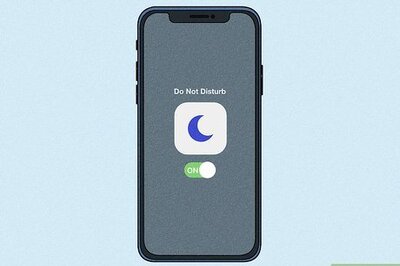
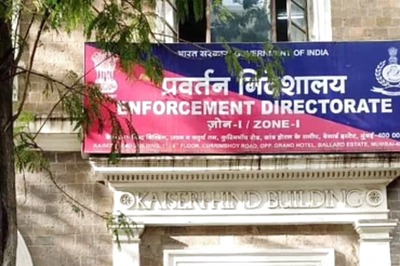



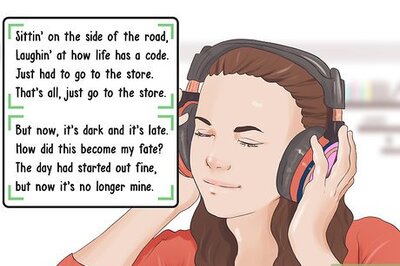

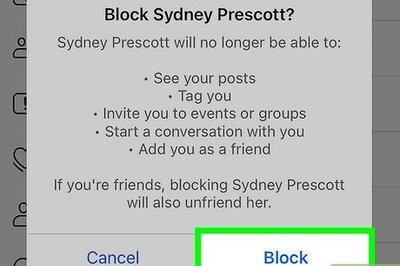
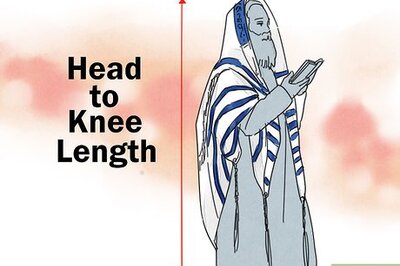
Comments
0 comment